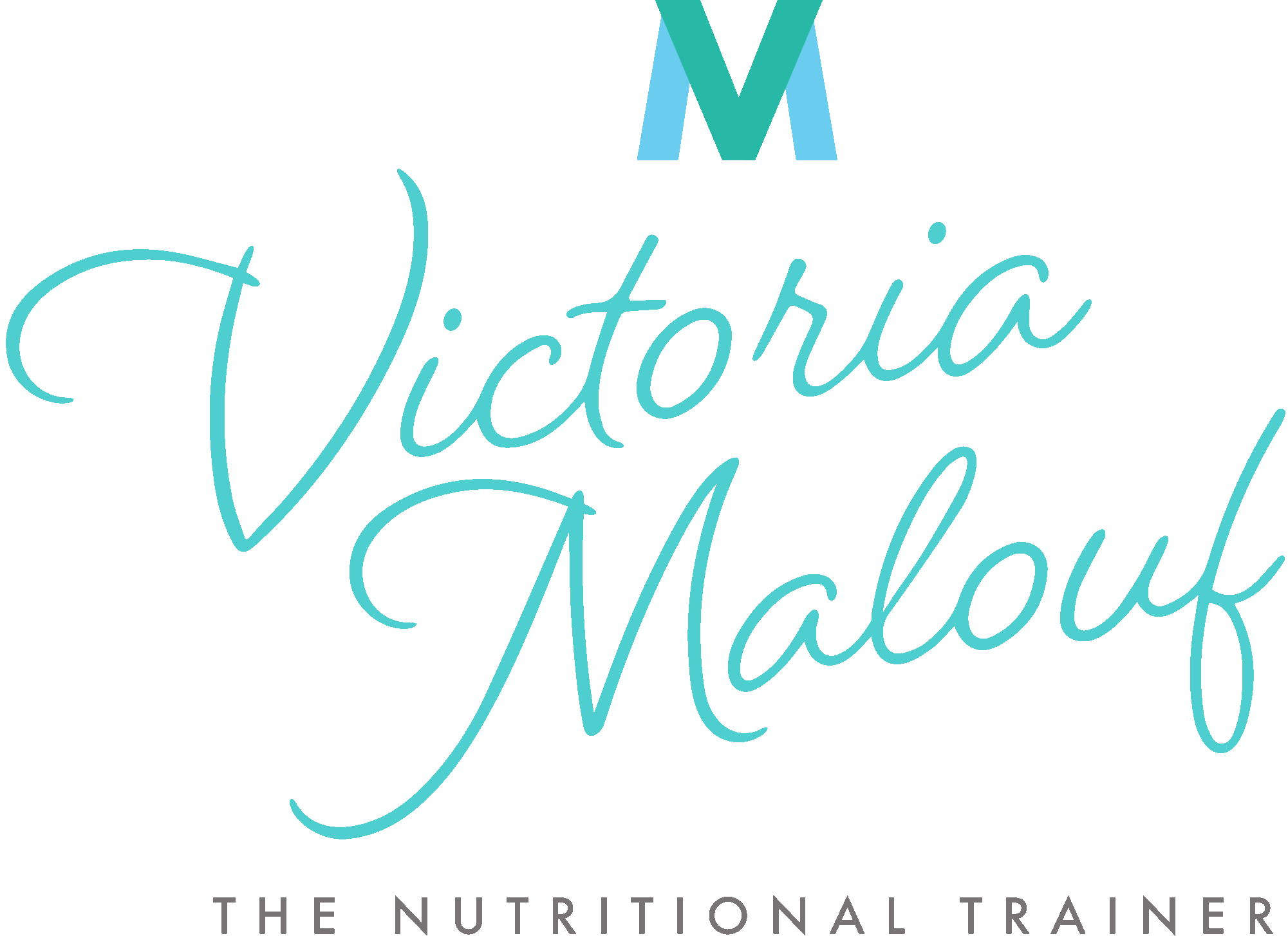5 of the main hormones explained
- Victoria Malouf

- Mar 15, 2020
- 3 min read
The body depends on Hormones for many functions such as to promote muscle growth and development, the development of sex organs and helping to keep the body in homeostasis.
Although there are many hormones within the body and each perform a different function and are required for a certain reason, there are 5 main that are going to be explored in depth.
1. Insulin
2.Glucagon
3. Leptin
4. Ghrelin
5. Cortisol
Insulin
Insulin is probably the main hormone that most people know about and is associated wit Diabetes. In Type 1 diabetes the pancreas produces little or no insulin so need to monitor their glucose levels so as to not enter hyper or hypoglycaemia. Compared to type 2 diabetes where they can produce insulin, but the insulin it does produce is ineffective and does not work as well as it should which is referred to as insulin resistance. To combat this the body then continually makes more and eventually it can't keep up with the demand
is secreted by the pancreas and its' main job is to reduce the amount of glucose circulating in the blood. It is usually released straight after a meal, as there would then be lots of glucose in the blood after you ate as the glucose is getting broken down from the food. Insulin helps glucose and amino acids move into muscles and fat cells where it is stored, in the aim of preventing hyperglycaemia (high blood glucose). When you exercise, insulin levels decrease as your session increases as you use up more glucose for energy and then use fatty acids as energy.

Glucagon
Glucagon is also secreted by the pancreas and performs the opposite actions of insulin. Where the release of Insulin signals the glucose is abundant in the blood, the release of glucagon signals that glucose is scarce in blood and therefore its' main function is to increase glucose. It breaks down stored glucogen (stored glucose) from the liver and muscles to be readily available to be used as energy. During exercise, as your session increases and you are using up all of your glucose, more glucagon gets released to signal that you need more glucose to help continue exercising.
Leptin
Leptin is known as the appetite suppressing hormone. It is made by the fat cells and it gets released after you start eating to signal when you are full and have had enough. It is the lowest in thinner people and higher in fat people. Many overweight people can be leptin resistant as their body doesn't release enough/ any leptin so they don't get that signal that they are full. This is one of the main reasons to chew your food properly and eat slowly so that your body has enough time to digest and for the hormone leptin to kick in so that you don't overeat.
Ghrelin
if Lepin is the appetite suppressing hormone, Ghrelin is the hunger hormone and increases your appetite. Ghrelin is released primarily in the stomach and slowly starts to increase 3-4 hours after a meal to signal to the brain that you are starting to feel hungry again. It also plays a big role in how quickly after a meal you are hungry and how some people can last 6 hours between meals, while others feel hungry again 3 hours after they've eaten.
Cortisol
Cortisol is the main hormone that is secreted by the adrenals which is highest in the morning when you wake up to give you the energy to get through the day and starts to drop by 3 or 4pm in the afternoon so your body can then start winding down for the day getting ready to go to sleep. As well as helping to control blood pressure and being an anti inflammatory to help suppress immune reaction, along with Insulin and Glucagon it helps to maintain consistent blood glucose levels during exercise. Cortisol isn't released and increased immediately when you start exercising, but when you continue to exercise for a longer amount of time and the more energy that is required to fuel you, the greater the cortisol concentration in the body.






Comments